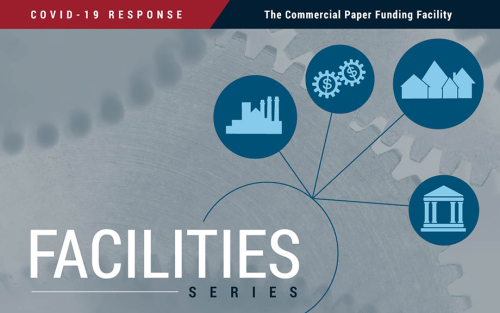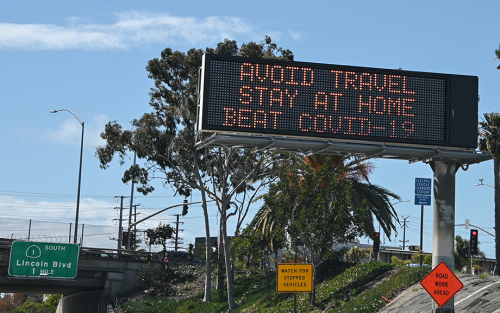Did Subsidies to Too‑Big‑To‑Fail Banks Increase during the COVID‑19 Pandemic?

New Liberty Street Economics analysis by Asani Sarkar investigates whether the COVID-19 pandemic has led to an increase in implicit TBTF subsidies for large firms.
Token‑ or Account‑Based? A Digital Currency Can Be Both
How Liquid Is the New 20‑Year Treasury Bond?
Insider Networks

Erol and Lee consider the cat-and-mouse game played between financial regulators and those attempting to trade on inside information, including how insiders might form networks in order to circumvent restrictions, and how regulators might cope with insiders’ tactics.
The Commercial Paper Funding Facility

This post documents dislocations in the commercial paper market following the COVID-19 outbreak that motivated the Fed to create the Commercial Paper Funding Facility, and tracks the subsequent improvement in market conditions.
W(h)ither U.S. Crude Oil Production?
The COVID‑19 Pandemic and the Fed’s Response
How Does Supervision Affect Bank Performance during Downturns?

New research finds that there is a cyclical nature to the benefits of bank supervisory attention: in normal times, the benefits are smaller, but during downturns the more closely supervised banks exhibit better loan performance and lower earnings volatility.
Coronavirus Outbreak Sends Consumer Expectations Plummeting
The March Survey of Consumer Expectations, which was fielded between March 2 and 31, records a substantial deterioration in financial and economic expectations, including sharp declines in household income and spending growth expectations.
















 RSS Feed
RSS Feed Follow Liberty Street Economics
Follow Liberty Street Economics